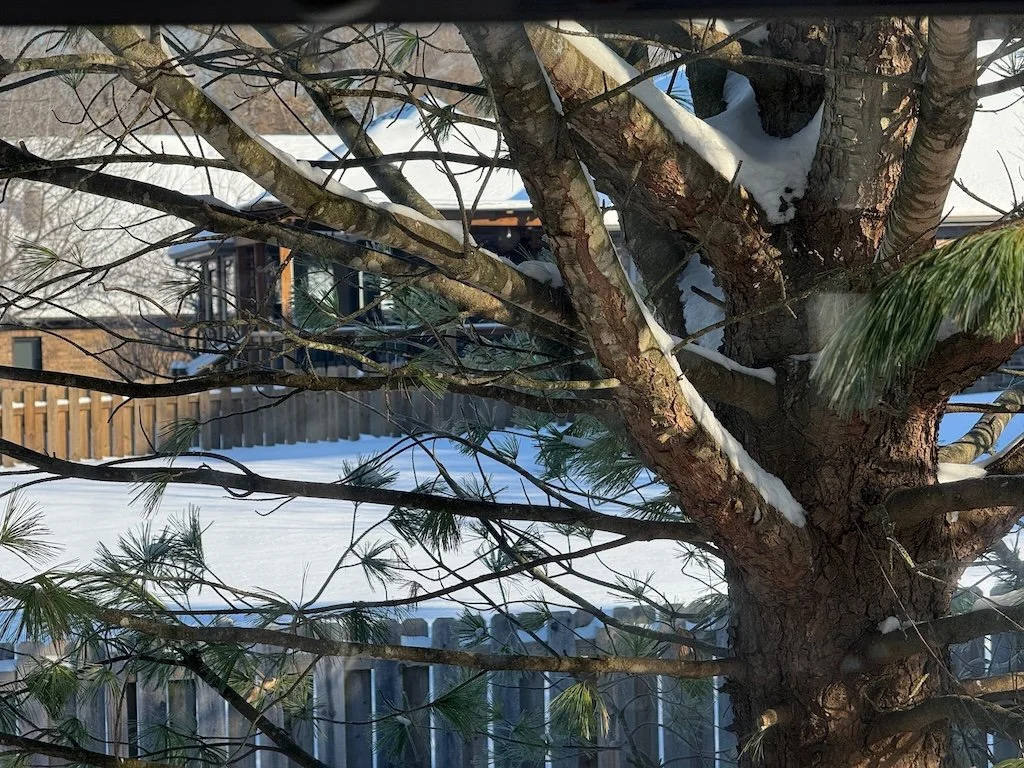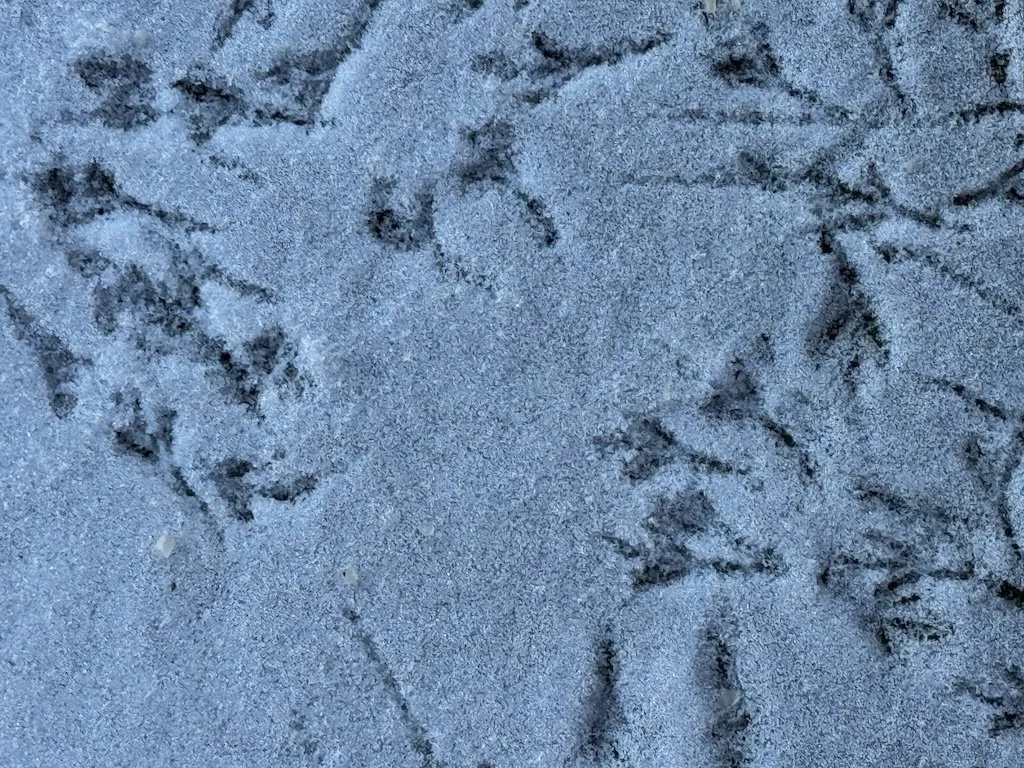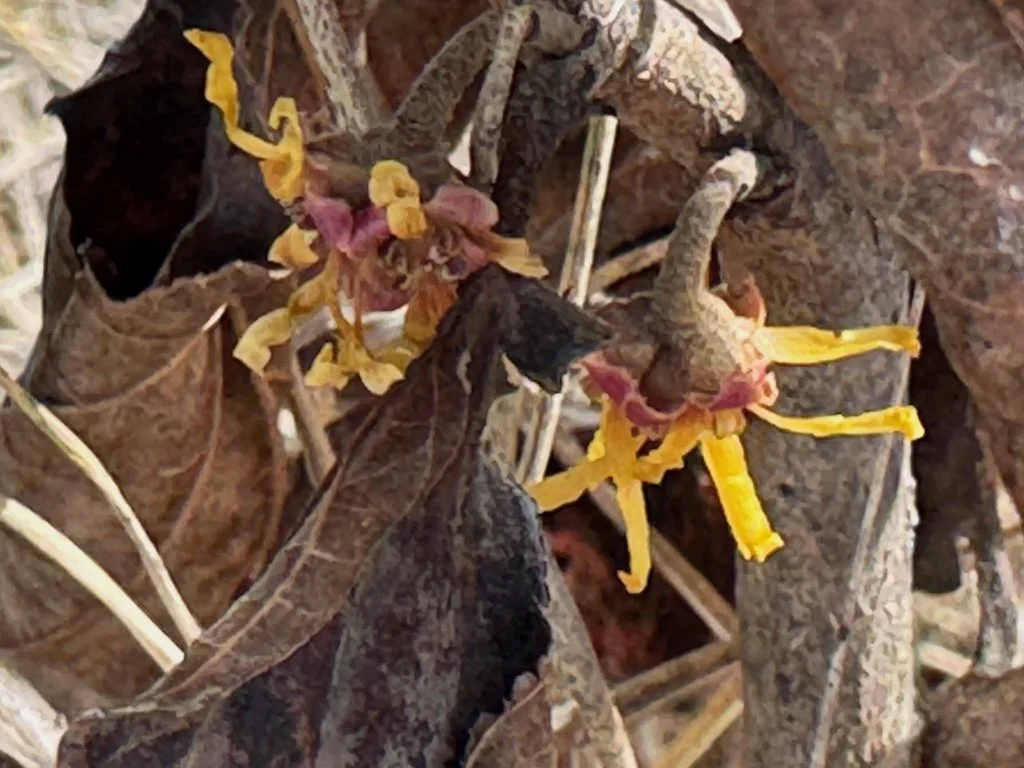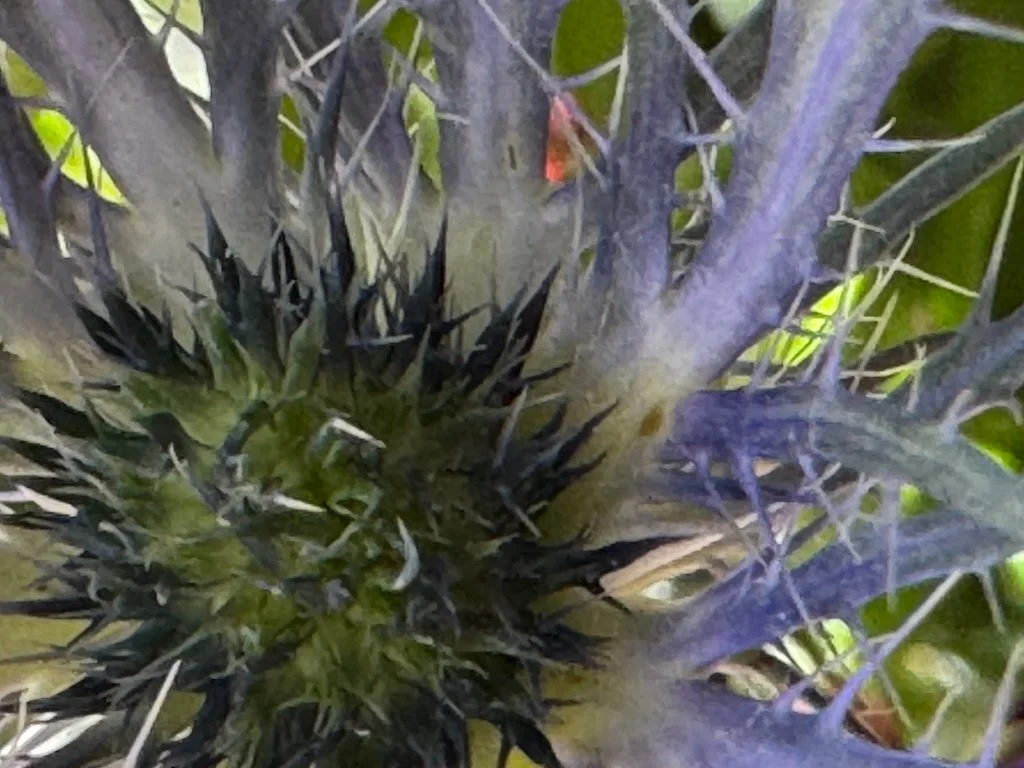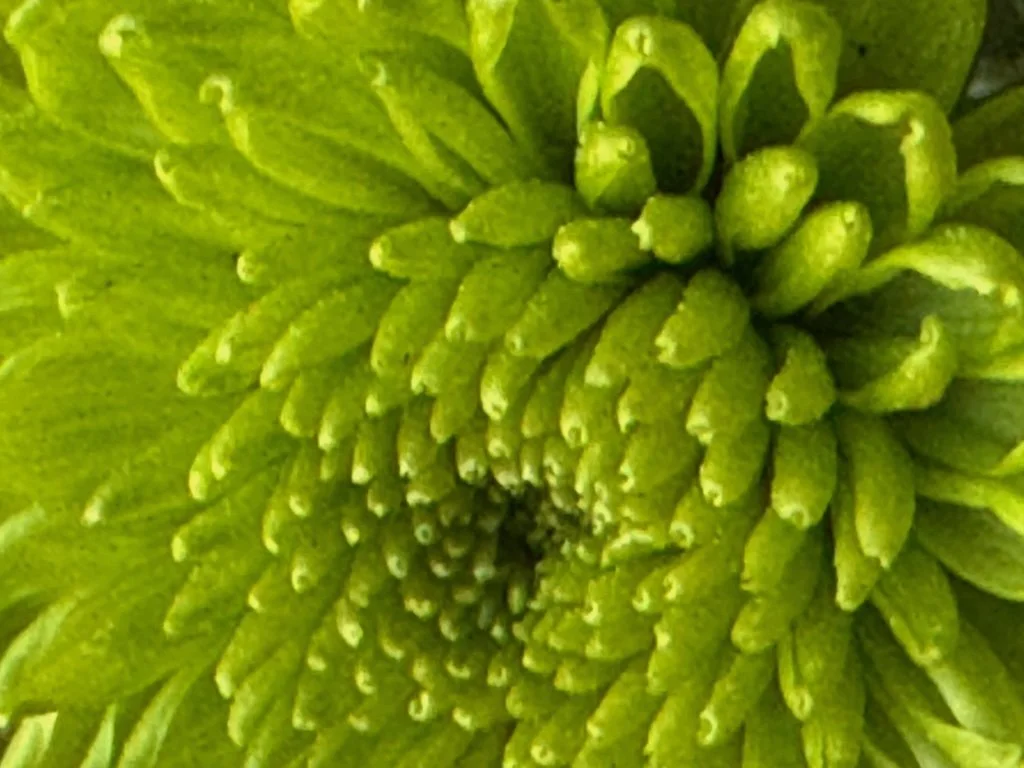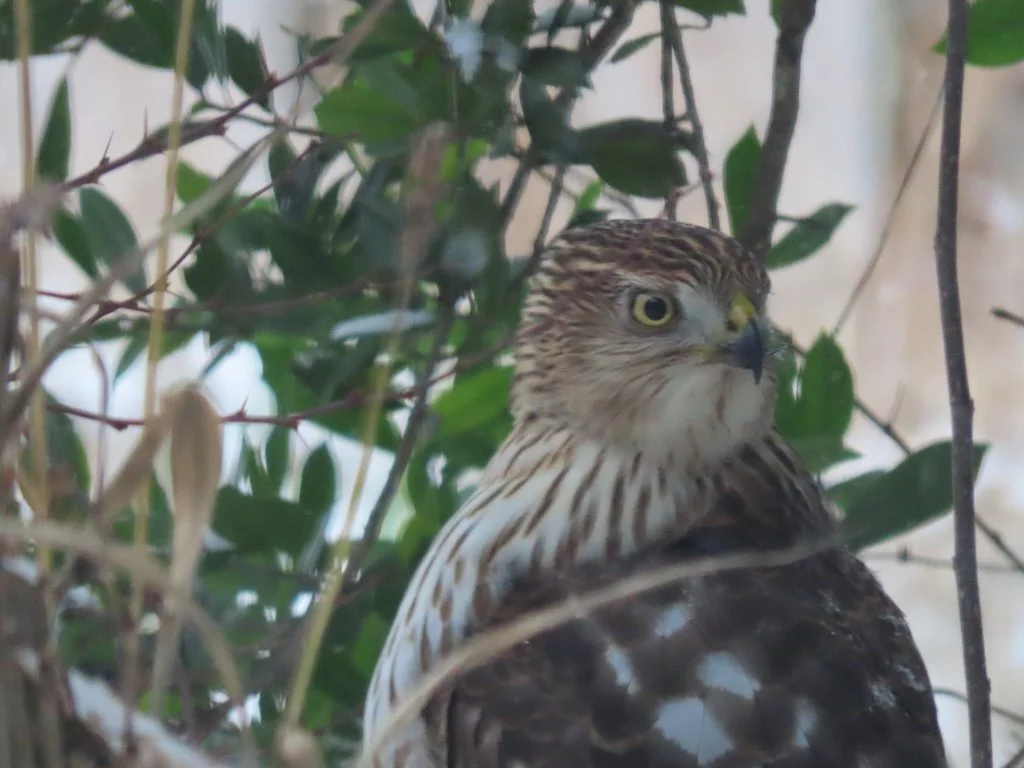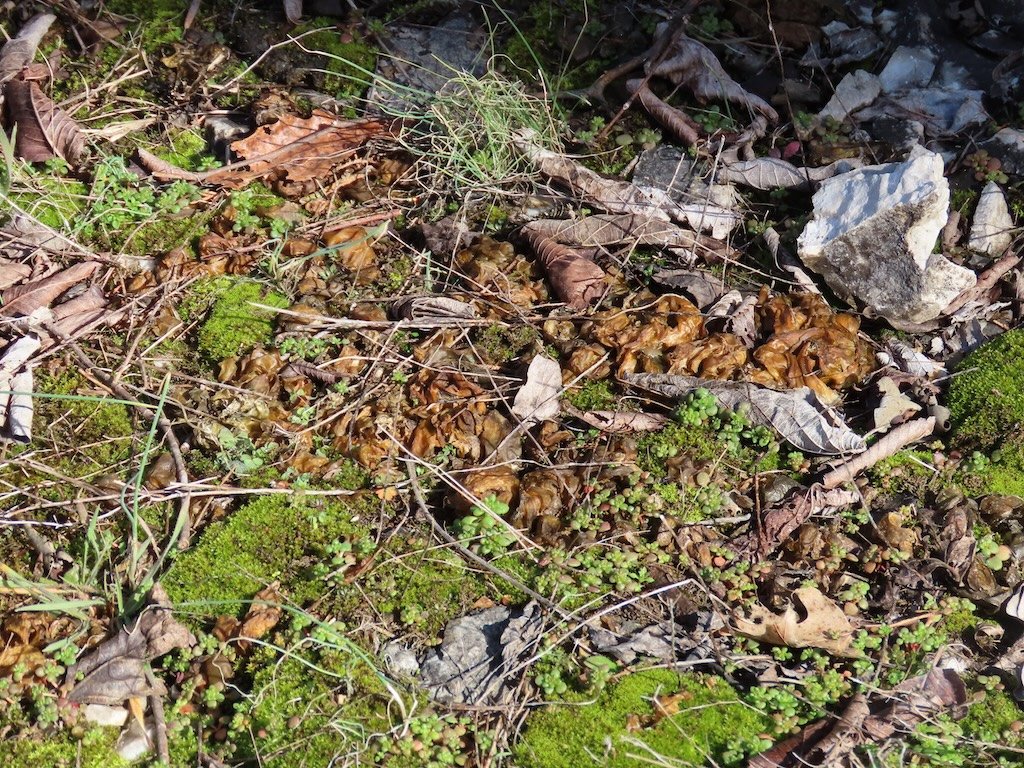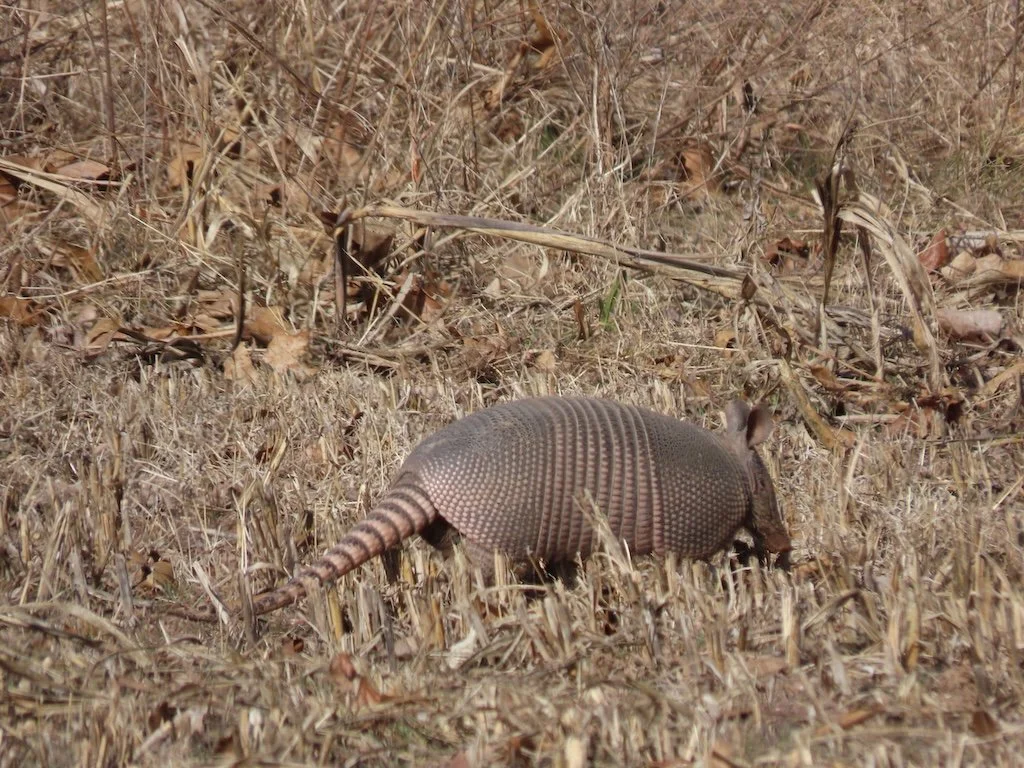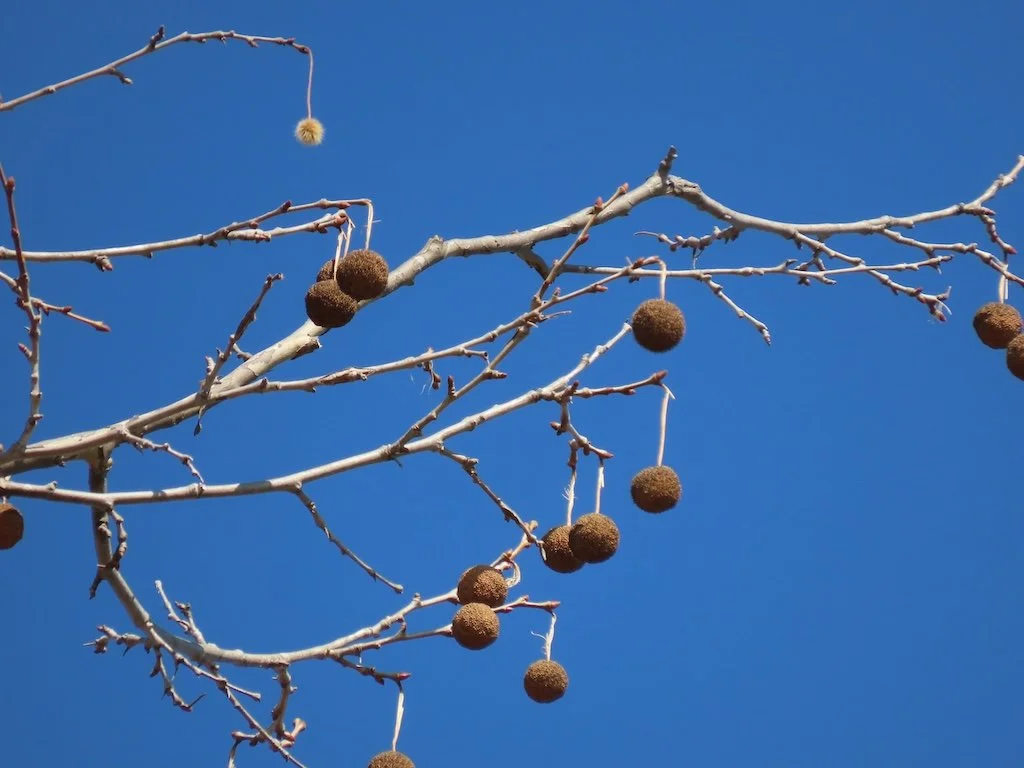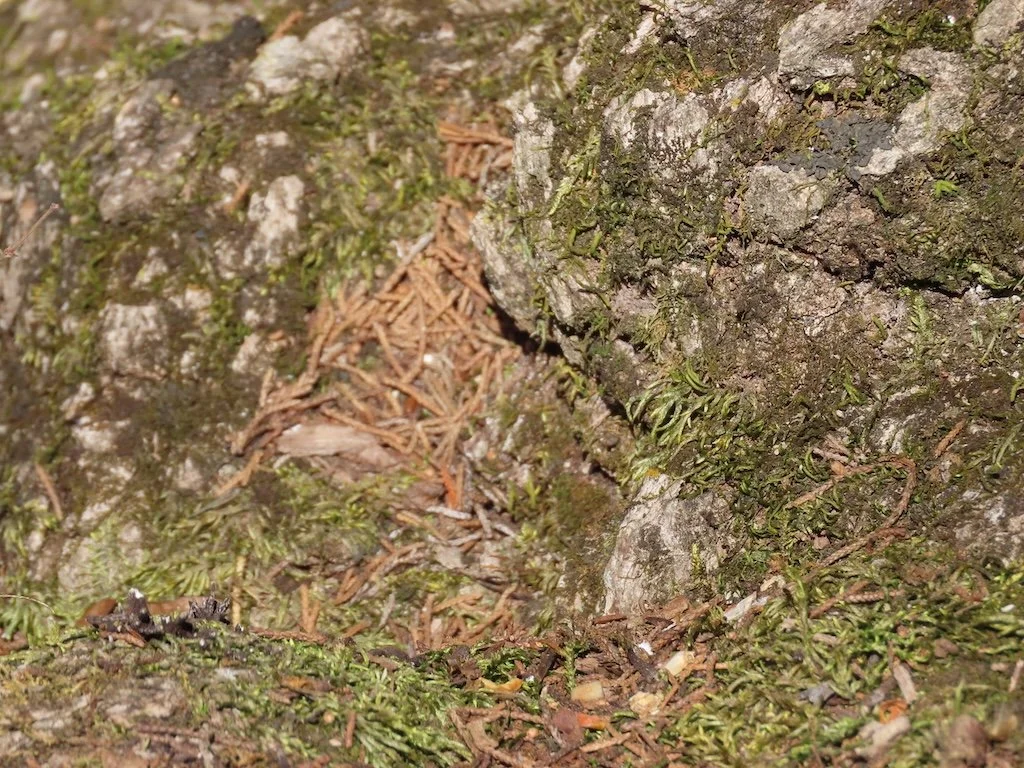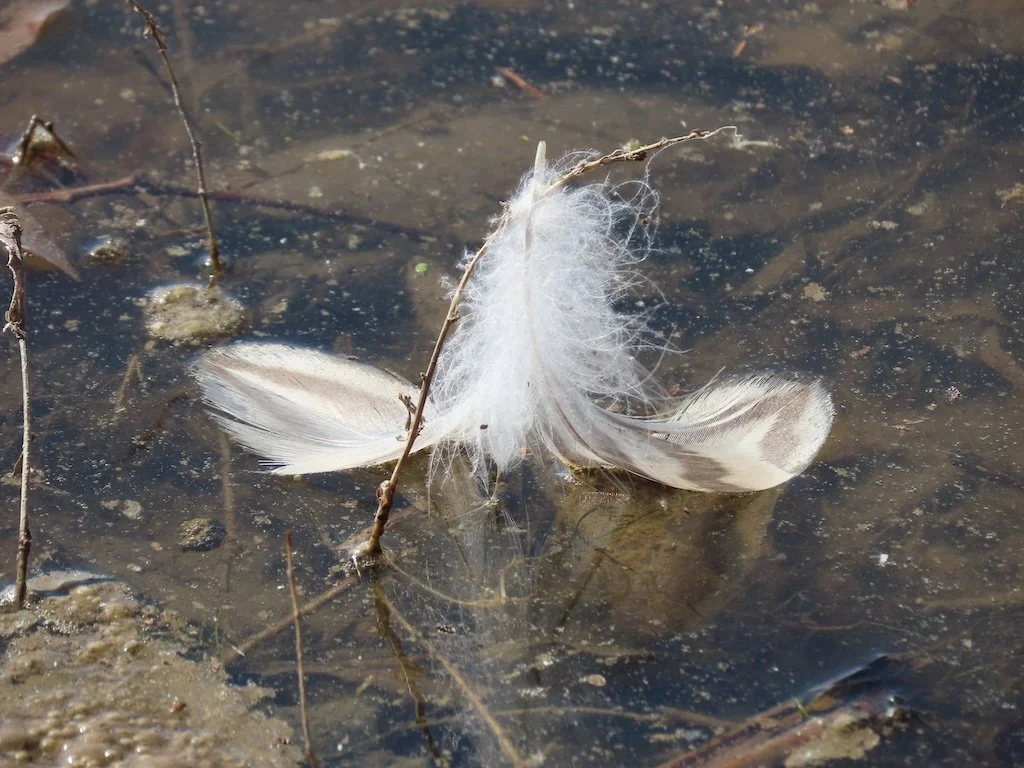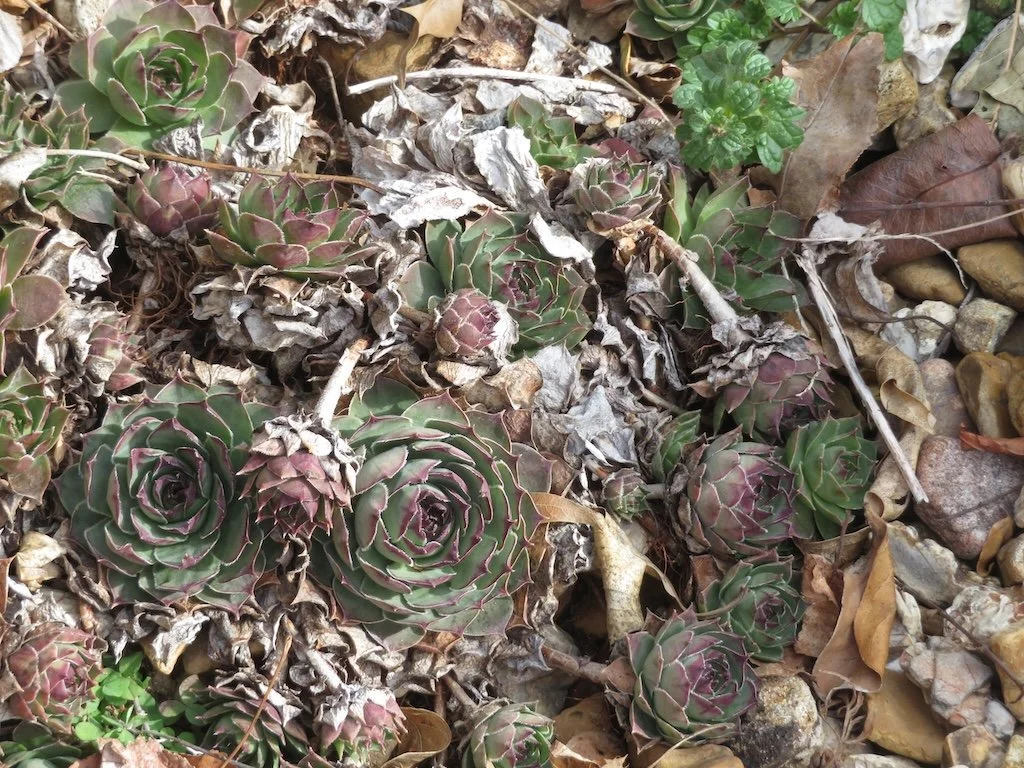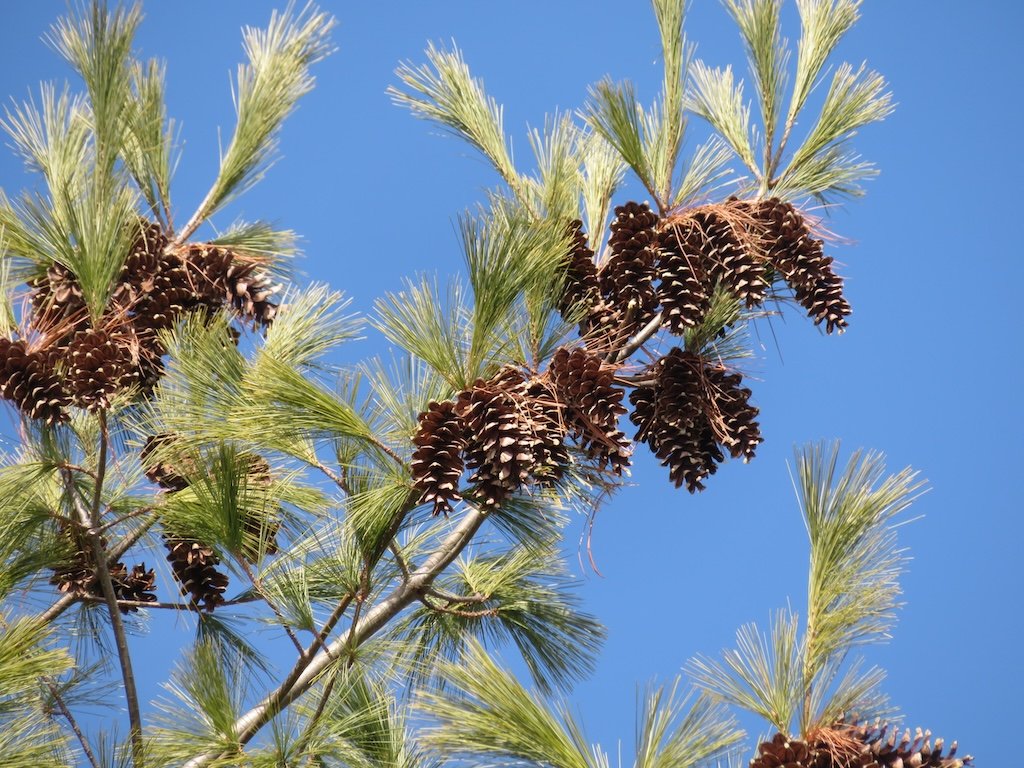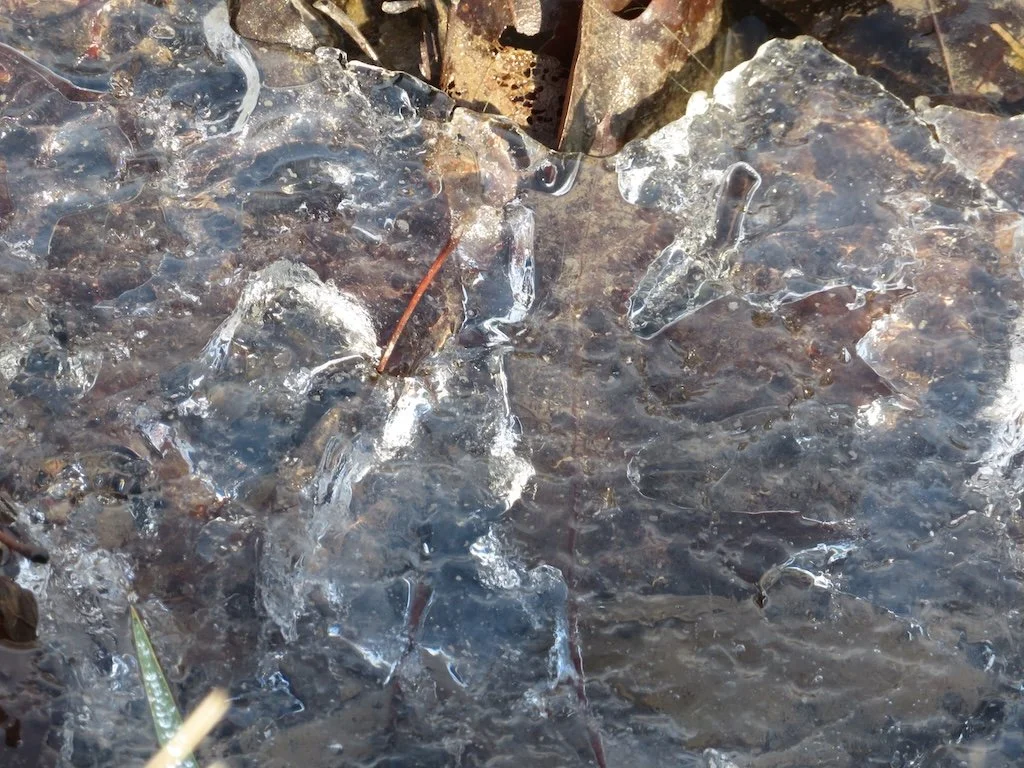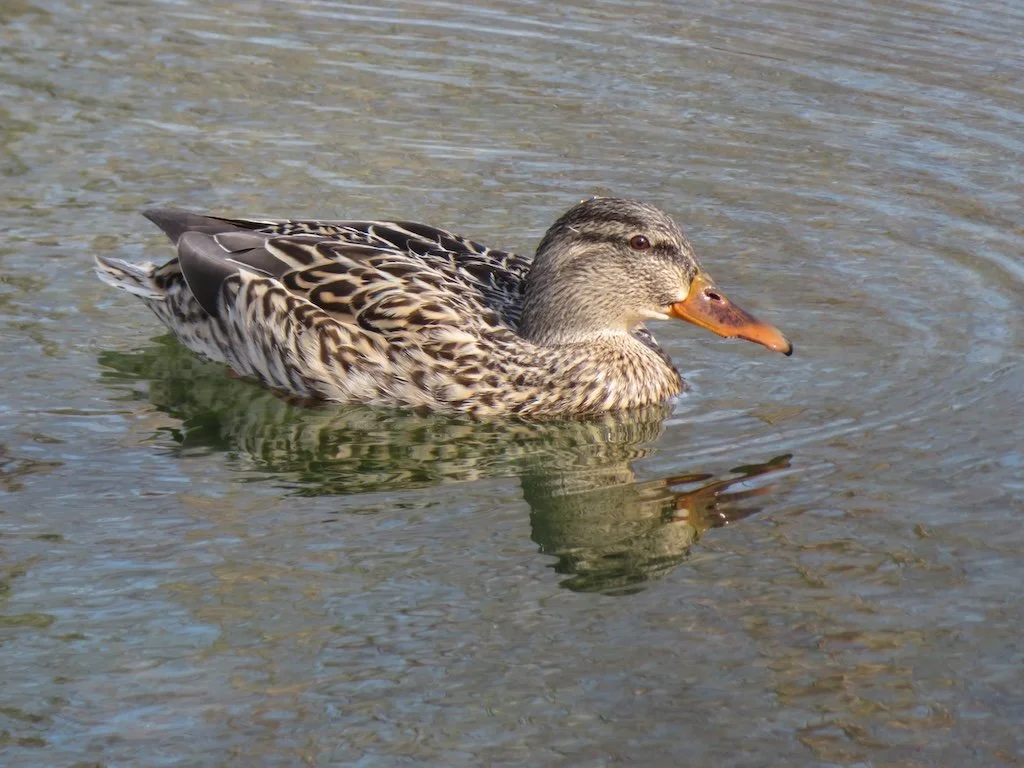Gleanings of the Week Ending May 21, 2016
/The items below were ‘the cream’ of the articles and websites I found this past week. Click on the light green text to look at the article.
Maryland climate and health report identifies state's vulnerabilities to climate change – Extreme weather, increased risk of foodborne illnesses, health impacts of extreme heat (hear attacks, asthma), increased accident risk from extreme precipitation.
Why vultures matter and what we lose if they’re gone – We have black and turkey vultures in our area of Maryland. I see them frequently and appreciate their place in the ecosystem – cleaning up carrion. Without vultures – other scavenger populations grow, often with negative consequences for human health.
Night Vision Problems and Driving – Something else that happens to most of us as we get older. I was surprised that the article did not mention astigmatism as more problematic at night if it is not corrected. I always notice my glasses not being quite right at night before I do in the daytime and it is usually the astigmatism correction that needs adjustment.
Colorful Watercolor Paintings of Radiant Trees in Nature – I couldn’t resist some eye-candy for this collection of gleanings since so many of the other items seem so serious.
New Zika Diagnostic – I’m glad they are making progress at diagnostics…now we have to make progress on prevention too since having a lot of infected people is going to be a public health crisis.
Test Your Sleep Smarts – How many of these did you know? The explanations of the answers are included…and sometimes contain links to more detailed information.
Team highlights ways to address global food challenges – Agriculture produces enough calories to meet basic human dietary needs worldwide…but one out of eight people in the world do not have access to sufficient food. This study presents a set of strategies to overcoming the challenges of providing food for the global population.
How Rising CO2 Levels May Contribute to Die-Off of Bees – Evidently an increase in CO2 often causes a decrease in the nutritional value of plants. A detailed study of golden rod pollen showed that pollen from plants in 2014 contained 30% less protein than pollen from 1842 (with the greatest drop occurring between 1960 and 2014). That’s important to bees that depend on goldenrod pollen for late season food. It’s important to us because nutritional value of crops like wheat and rice are similarly impacted by higher CO2 concentrations.
Too much folate in pregnant women increases risk for autism, study suggests – Another case where too much of a good thing is not good. A lot of the nutritional information is about minimal requirements. Supplements make it possible to get much higher doses than the minimal requirement. There appears to be a correlation with very high level of folate right after giving birth and the risk of autism spectrum disorder.
Meet the Bee Expert who Helped Invent the BioBlitz – I noticed this article just as we were finishing up the Belmont BioBlitz this week….and decided to include it in this week’s gleanings.

